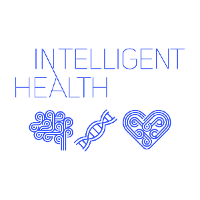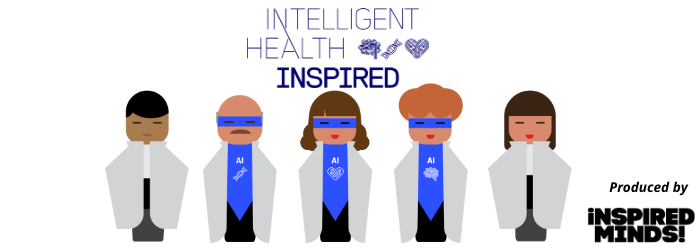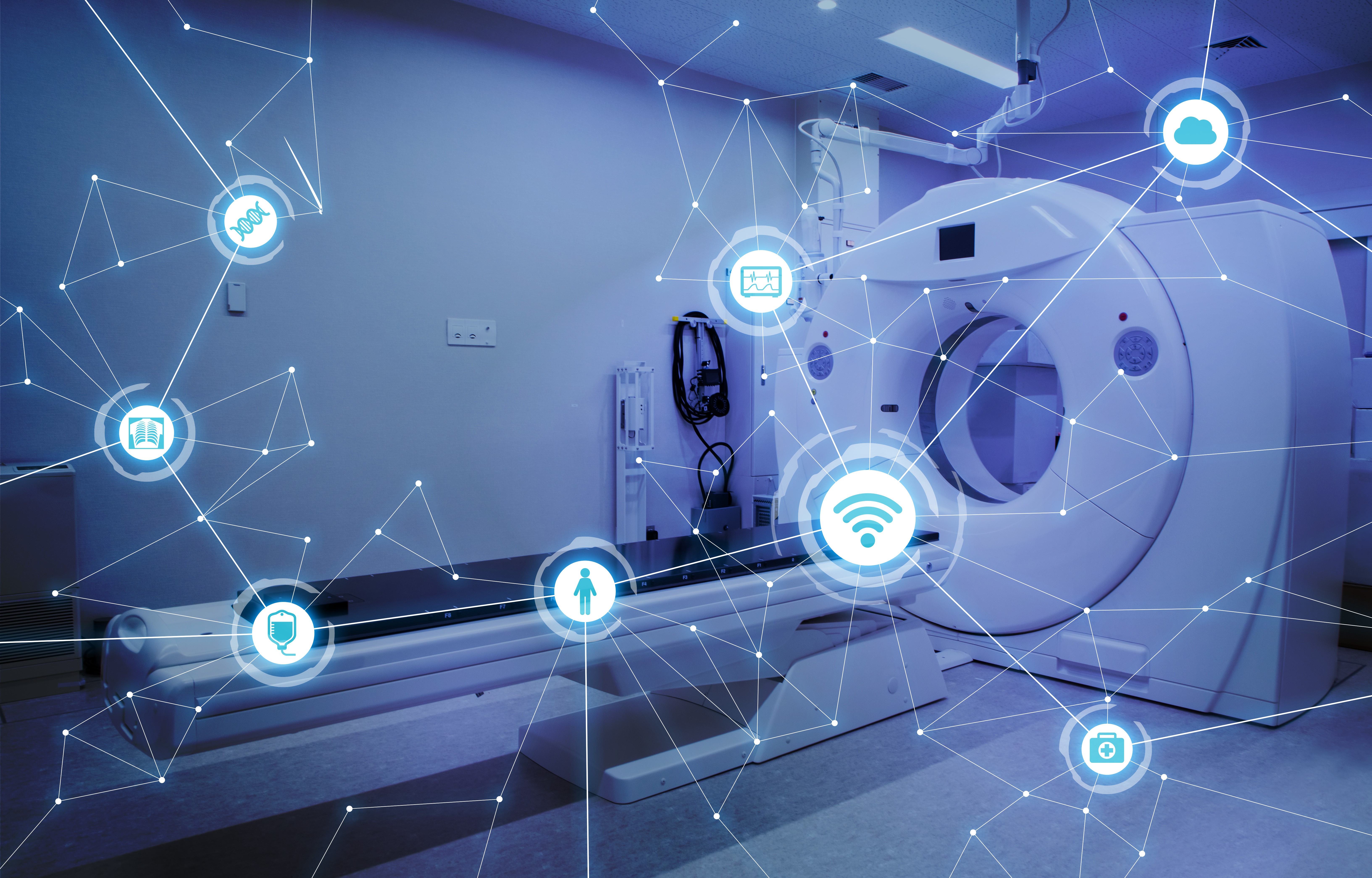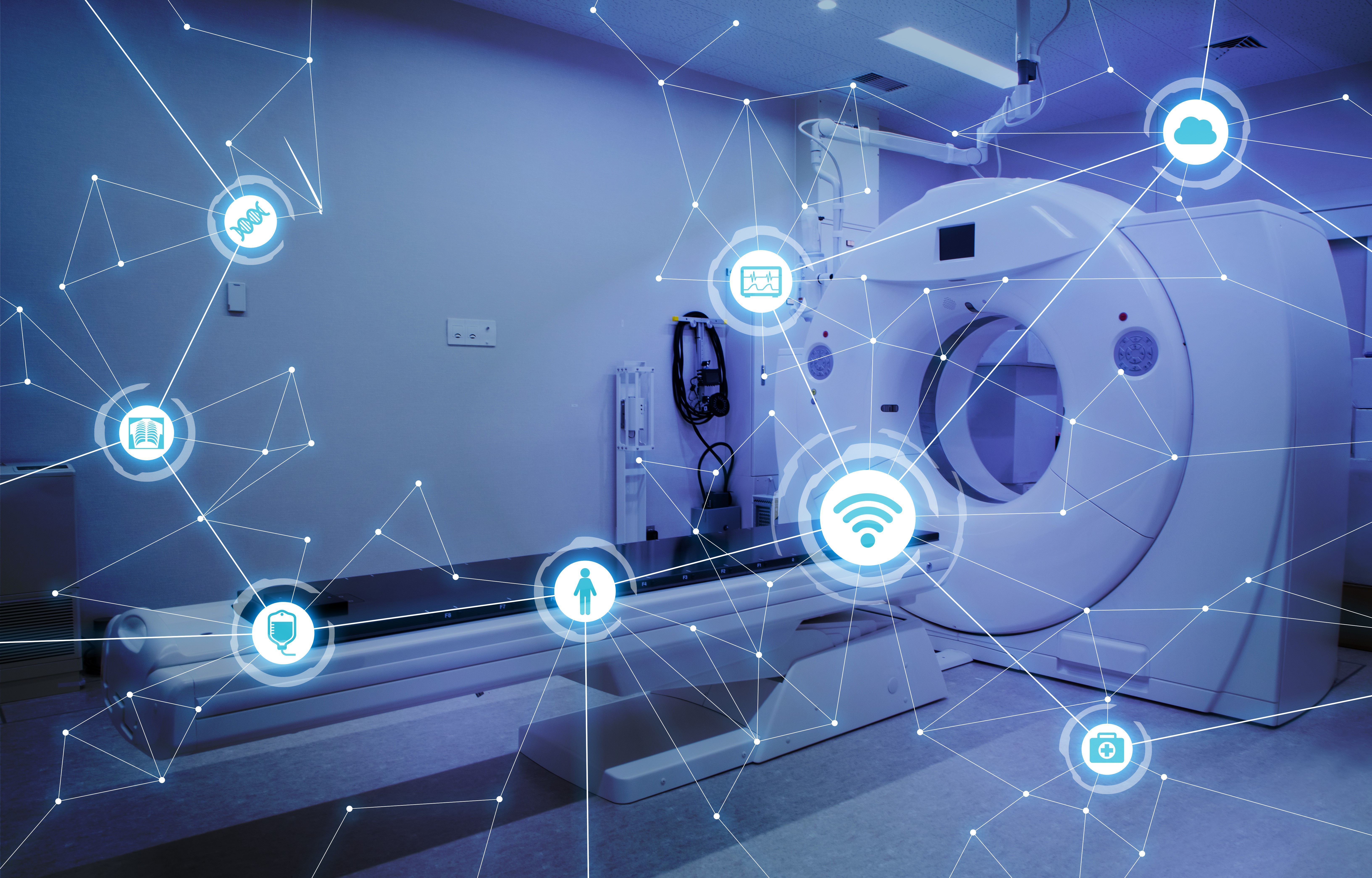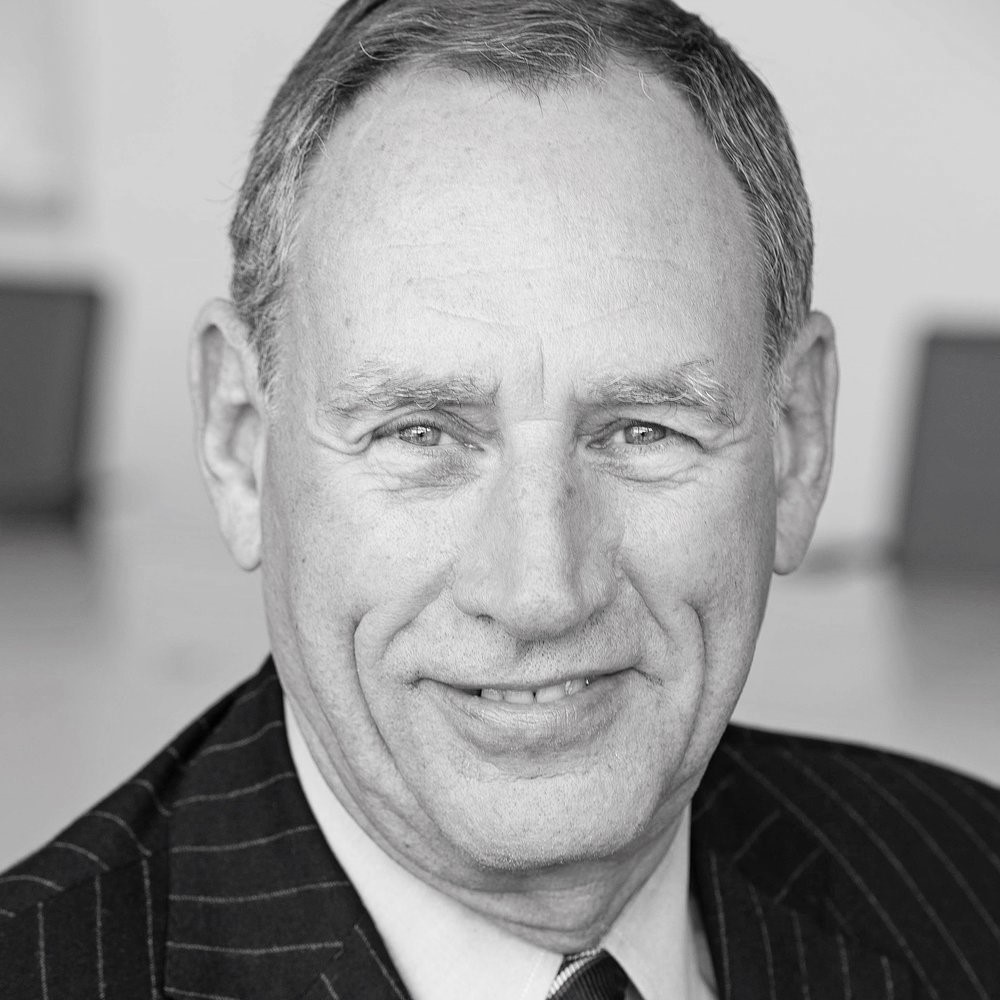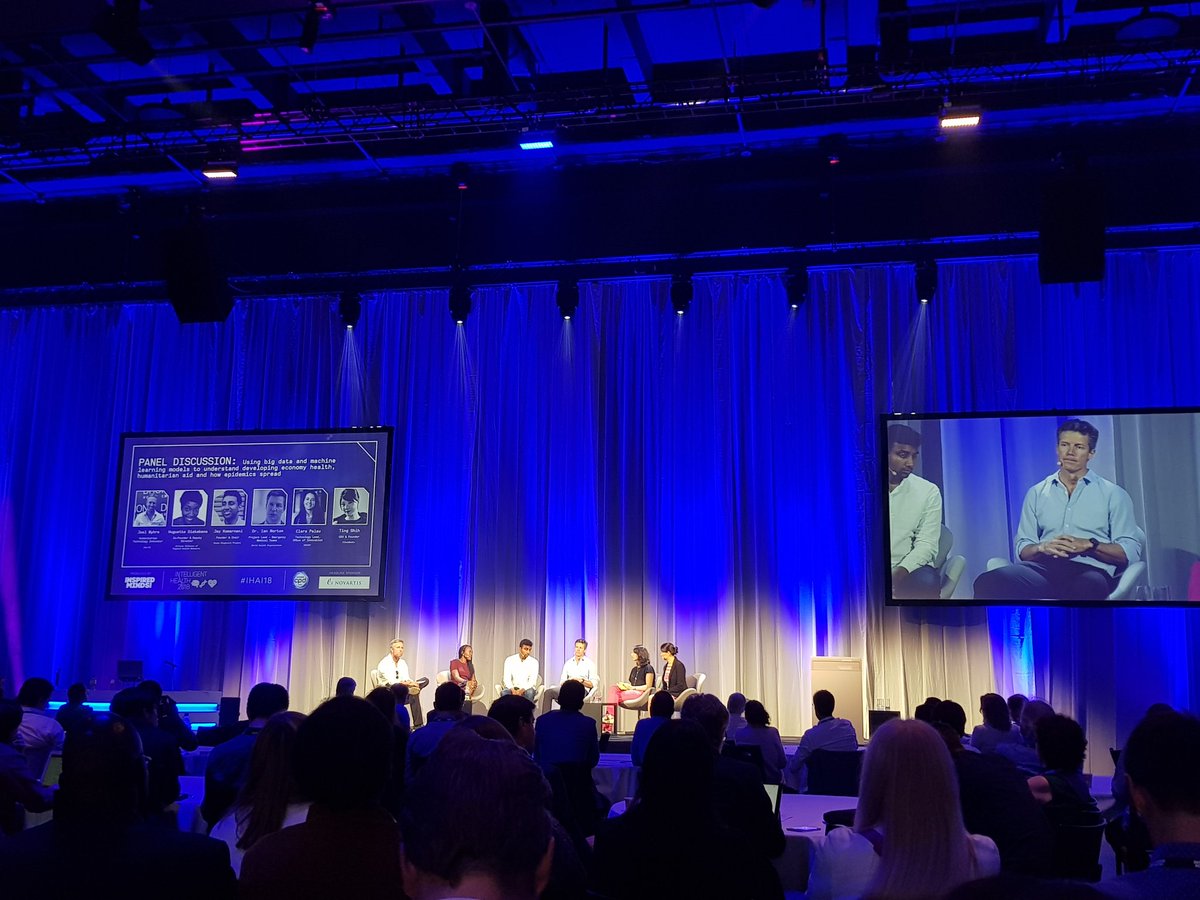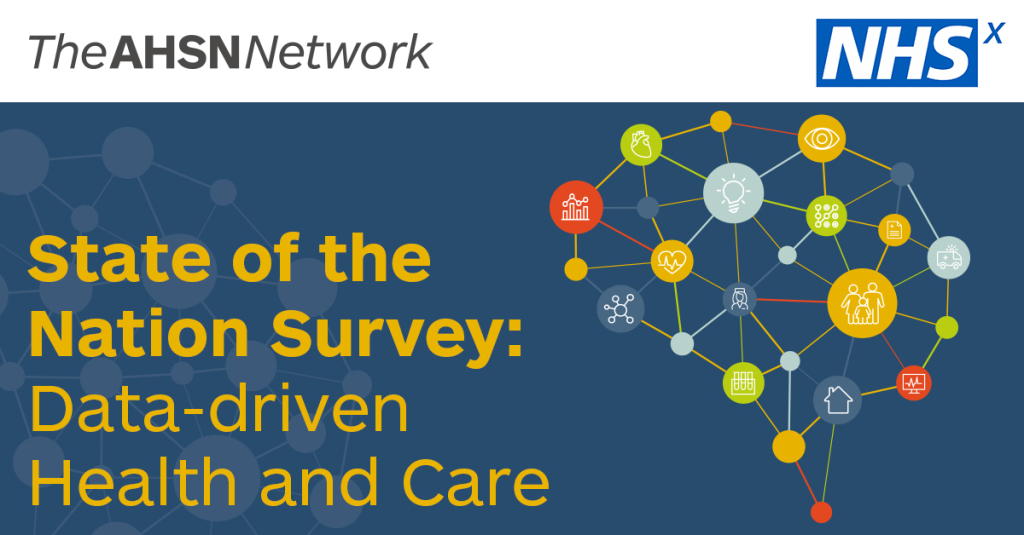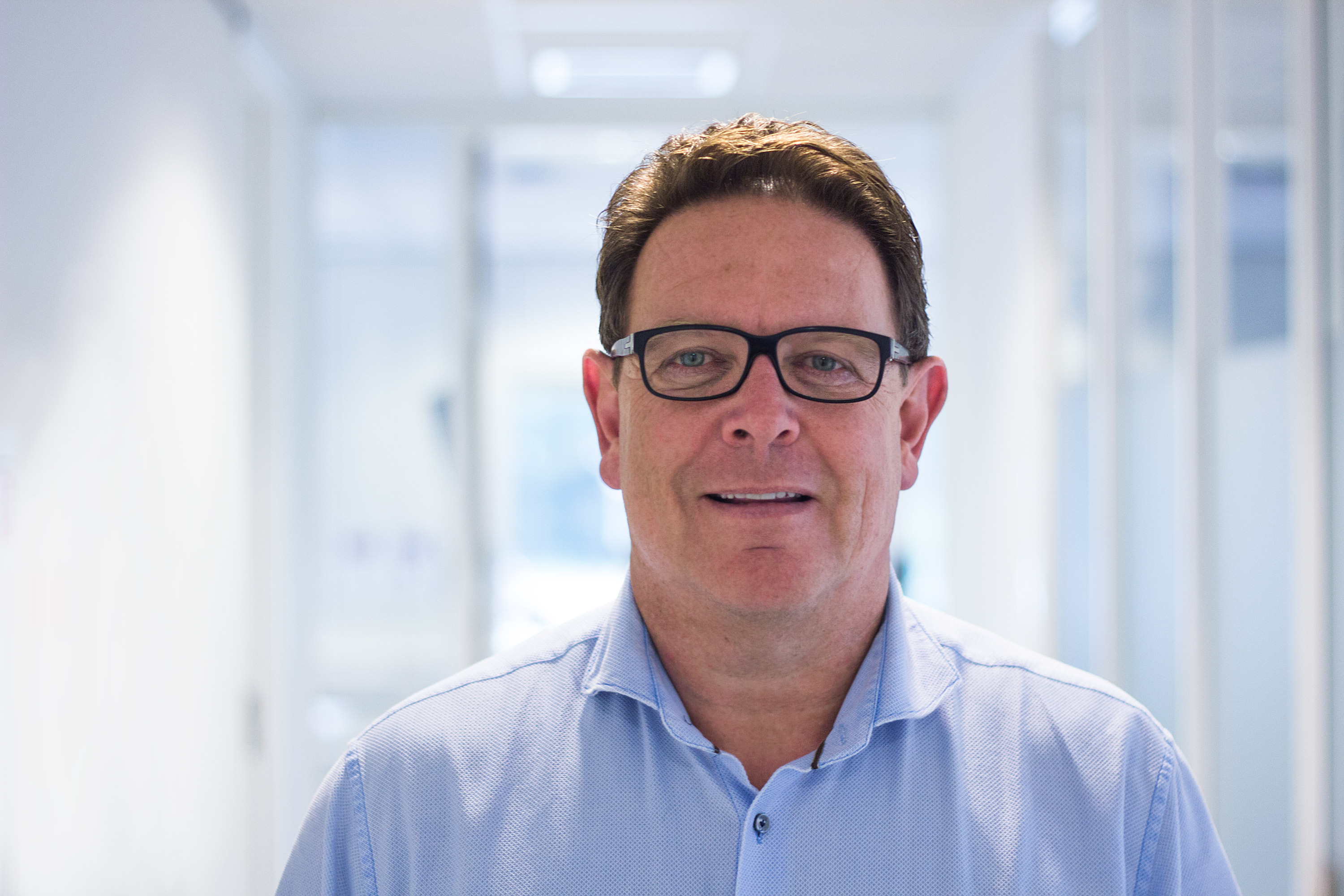“How very little can be done under the spirit of fear” – Florence Nightingale
Recent Posts
Meet the superheroes working to save lives beyond the current pandemic
Topics: AI, Medicine, Digital Health, HealthTech, MedTech
The global AI and healthcare community will gather in Basel Switzerland this week
London, 9th September 2019
The World Health Organisation, Google, Microsoft, The United Nations, The FDA, CERN, The Novartis Foundation and the global AI and healthcare community will gather in Basel Switzerland this week.
The global Artificial Intelligence and healthcare community from over 68 countries worldwide will gather in Basel, the pharma hub of Switzerland next week to attend the Intelligent Health Summit (September 11th-12th), discuss how AI can be used to prevent and solve some of the world's greatest healthcare problems and improve the health of the human race.
Press Release - AI based Rapid on-site cytology solution for EBUS Bronchoscopy
Mumbai/London/Basel, August 12th, 2019
AI based Rapid on-site cytology solution for EBUS Bronchoscopy
AIRA MATRIX, HOLMUSK and CURO-HEALTH are pleased to announce partnership to develop an Artificial Intelligence based image analysis solution for Rapid On Site Evaluation (“ROSE”) of EBUS-TBNA samples in collaboration with Dr. Suman Paul, Specialist Registrar in Respiratory Medicine, Warrington and Halton Hospitals NHS Foundation Trust. First results will be presented at the Intelligent Health 2019 conference in Basel, Switzerland on September 11 and 12, 2019. This solution is meant to develop a device to provide rapid on-site cytology for bronchoscopy specimens to aid the tissue diagnosis of lung cancer.
How Can Big Tech Make the Biggest Impact on Healthcare?
It’s no secret that the opportunity in unearthing hidden insights in healthcare data is huge.
“The biosciences are swimming in data. The total amount of knowledge in healthcare doubles every 73 days, and it turns out that scientists can now create more information in a couple of weeks, than they could create in a lifetime only three years ago.”
Those are the words of Toby Cosgrove – former CEO of (the) Cleveland Clinic who, last year, joined Google as Executive Advisor to the Google Cloud Healthcare and Life Sciences team. His mission is to bring together healthcare practitioners and engineers to collaborate and realise the potential that healthcare data presents.
Beyond the Hype: The Real-World Ways AI Can Advance Health
There is much excitement in the world of AI and healthcare. From the promise of mass analysis and management of patient health records, to advanced predictive diagnosis methods, it’s easy to be optimistic about the future of healthcare when you consider the potential power of well-distributed, ethically robust and technically advanced AI systems. And with the AI market looking to grow at an annual rate of 40% through to 2021, reaching $6.6 billion that year as opposed to only $600 million in 2014, the business opportunity in field is attracting a new wave of entrepreneurs, clinicians and scientists adopting AI systems into the heart of their healthcare innovations.
The world's largest summit dedicated to AI in medicine partners with the Novartis Foundation and NHSx
CREATING A FUTURE WHERE AI WILL TRANSFORM HEALTH
THE WORLD'S LARGEST SUMMIT DEDICATED TO AI IN MEDICINE PARTNERS WITH THE NOVARTIS FOUNDATION AND NHSX TO REVOLUTIONISE AI IN MEDICINE IN LINE WITH THE UNITED NATIONS SUSTAINABLE DEVELOPMENT GOALS
Brought to you by InspiredMinds, the team behind World Summit AI (where the global AI agenda is set annually), Intelligent Health 2019 will host over 2,000 attendees, bring together 100 of the brightest brains in healthcare and tech to take centre stage, and aims to create a future where AI revolutionises healthcare.
You can have a sneak peek at the first 60 ground-breaking speakers confirmed so far, find out more about this inspiring event on our website and watch the 2018 aftermovie to get a taste of what's coming.
Where can big tech companies make the biggest impact on healthcare? Ask Dr. Toby Cosgrove
Where can big tech companies make the biggest impact on healthcare?
That’s what Dr. Toby Cosgrove, Executive Advisor to Google Cloud and Former President & CEO of the Cleveland Clinic will be answering at Intelligent Health 2019 in Switzerland this September.
Cosgrove, who currently serves as an Executive Adviser to the Cleveland Clinic, is helping Google Cloud to achieve what is known in healthcare circles as the ‘quadruple aim’, an effort to improve patient experience, boost population health and reduce the cost of healthcare while also creating a better work experience for clinicians and staff.
Topics: AI, HealthTech
First 35 speakers announced for Intelligent Health AI 2019
Join the Executive Advisor to Google and Former President & CEO of Cleveland Clinic, Head of Global Health and Member of the Executive Committee at the World Economic Forum, the Managing Director of EMEA at IBM Watson Health and Group Head of Global Health at Novartis at the only large-scale, global summit focused purely on AI in healthcare.
These are just 4 of 35 out of this world speakers already joining us at Intelligent Health this September.
State of the Nation Survey: Data-driven Health and Care
The NHSX and AHSN Network need your input on the latest survey to understand demand and supply of data driven technologies to improve health.
There are some remarkable data-driven innovations, apps, clinical decision support tools utilising intelligent algorithms being developed, and electronic health systems incorporating them are being widely adopted.
In parallel, we are seeing advancements in technology and, in particular, artificial intelligence (AI) techniques.
|
|
|
|
A piece of code that’s saving real, human lives: discussed exclusively at Intelligent Health Summit
|
As reported in MobiHealthNews and Medium, a person can now download an app that allows them to monitor themselves for early signs of skin cancer by taking a photo of their skin spots with their smartphone.
This app with it’s cognitive code, created by SkinVision, calculates the fractal dimension of skin lesions and surrounding tissue and builds its own map that reveals different growth patterns. The algorithm checks for irregularities in colour, texture and the shape of the lesion and sends back its diagnosis: low, medium or high-risk. It correctly identifies dangerous melanomas 96% of the time, way better than family doctors (60%), dermatologists (75%) and even specialist dermatologists (92%). And all of this happens within 30 seconds of you pressing the button marked SEND.
|
|
|
Topics: Digital Health, Cancer

